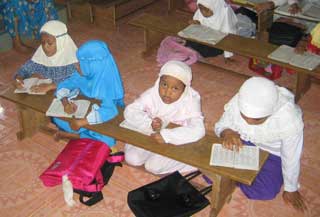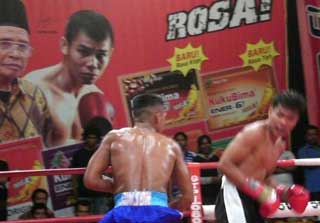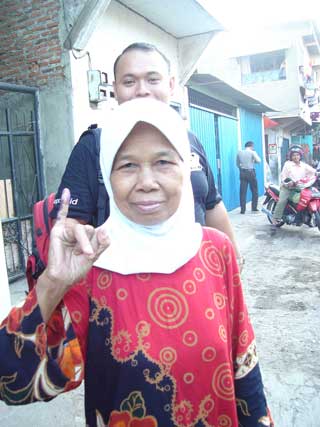Photo essay: Negotiated tolerance
27 January 2026by PUTU ANGITA GAYATRI & AHMAD YUSRIFAN AMRULLAH
Roots of ecological disaster
02 January 2026by KHALID SYAIFULLAH & WARDATUL ADAWIAH
Essay: How an American teenager became a Sahabat NOAH
22 December 2025by AANIKA I.
Essay: Would you fall in love with a railway station?
18 December 2025by NOANDHA DHEGASKA
Review: The collective deradicalisation of Jemaah Islamiyah
16 December 2025by KHALIMATU NISA
Essay: Shelter, not display
04 December 2025by DANKER SCHAAREMAN
Essay: Tracing the social life of a keris
17 November 2025by JULIANA KÖNNING
Essay: The day after the death of Affan Kurniawan
07 November 2025by RAHMADI FAJAR HIMAWAN
Mother Earth calling
05 November 2025by GERRY VAN KLINKEN
The economics of content creation
31 October 2025by WASISTO RAHARJO JATI














